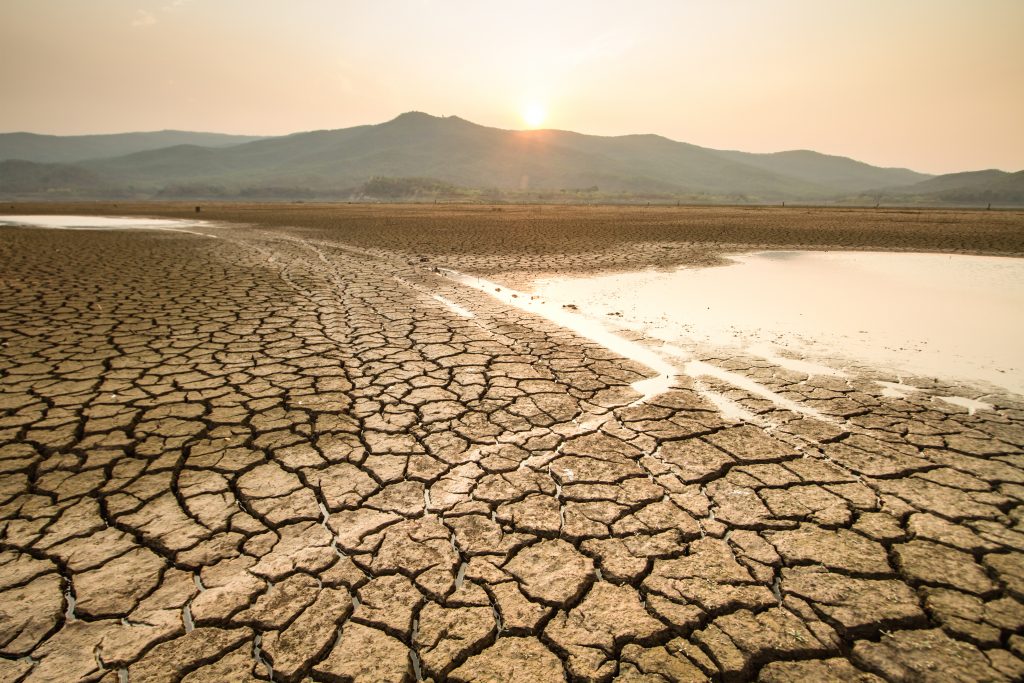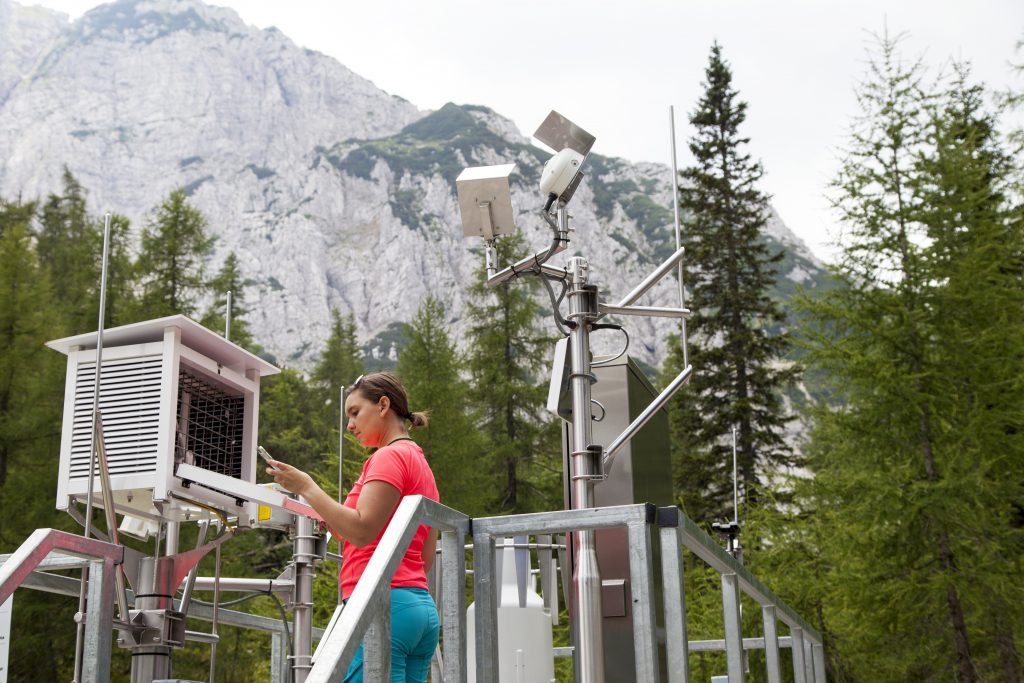Today is March 23rd. With many of us in quarantine and almost entirely detached from the rest of the world barring when we remote call into work or classes, it’s easy to forget what day it is, so I am letting you know that it’s March 23rd. Why is this day important? It’s also World Meteorological Day!
Meteorology is the “scientific study of the atmosphere that focuses on weather processes and forecasting”. While that sounds somewhat vague, you come into contact with meteorology practically every day on your local news channel – the weatherperson. This World Meteorological Day marks the 70th anniversary of the creation of the World Meteorological Organization (WMO). Created by the United Nations on March 23rd, 1950, this agency works to coordinate international efforts to understand our atmosphere, the weather, the land, the oceans, our climate, and the distribution of water on the planet. Each anniversary has a theme and this year, because of the increasingly warm temperatures and unpredictable weather events, the WMO is focusing on an integral global resource – water.

In conjunction with the United Nations Water program, the theme this year for World Meteorological Day and World Water Day (March 22nd and 23rd) is Climate and Water. According to António Guterres, the Secretary-General of the United Nations, this shared theme “focuses on managing climate and water in a more coordinated and sustainable manner because they are inextricably linked. Both lie at the heart of global goals on sustainable development, climate change and disaster risk reduction”.
This past year, we have seen increasing numbers in severe weather events, such as floods, tornadoes, hurricanes, and severe thunderstorms. While climate scientists are gathering data to explain climate change effects across generations and continents, there are local professionals who are starting to inform populations on how climate change directly affects them. Local meteorologists are often on the front lines of informing on climate change and correcting climate change misinformation.
“Local TV weather forecasters have become foot soldiers in the war against climate misinformation. Over the past decade, a growing number of meteorologists and weathercasters have begun addressing the climate crisis either as part of their weather forecasts, or in separate, independent news reports to help their viewers understand what is happening and why it is important.”
Pam Radtke Russel for The Guardian
A national assessment, “Reporting on Climate Change by Broadcast Meteorologists”, explained that “television weathercasters are uniquely situated to inform their audiences about the local impacts of global climate change and a growing number of them are adopting the role of climate change educator.” Weather forecasters are in a special position because, in an era where trust in media conglomerates is being tested, the public trusts that local news has their best interests at heart. People see them on the television each night, and they talk about the hyper-local effects of climate change by reporting on local weather events, which makes climate change more understandable. It is one thing to hear about Antarctic ice melting, but it is extremely different to hear that the flooding season in your county in the next couple of years will be longer and more intense.

Another positive for local meteorology reports is that climate change can be a part of the discussion without it being the main focus. With the recent boom in climate reporting, we run the risk of people becoming apathetic or resigned to the notion that nothing can be done to mitigate climate change. Local weather forecasters can, therefore, use climate change discussion as a talking point without talking it into the ground. They can suggest local solutions like attending community events on growing native gardens, fundraising for local water and wildlife organizations, or upcoming weather changes that need to be anticipated.
Therefore, the World Meteorological Organization this year will be promoting a number of new methods, including increasing the capacity of data systems measuring water resources, analyzing mountain melting because they are the “water towers of the world”, and preparing for the effects of stronger floods, droughts, and water shortages. Their campaign – “Count every drop because every drop counts” – aims to change our water practices to lower the percentage of people struggling with water scarcity (currently estimated at 40 percent of the world’s population) as global water use rises.
To find out more, check out the World Meteorological Organization here and the United Nations Water program here!
 Food
Food Farmers
Farmers Sustainable Living
Sustainable Living Living Planet
Living Planet News
News